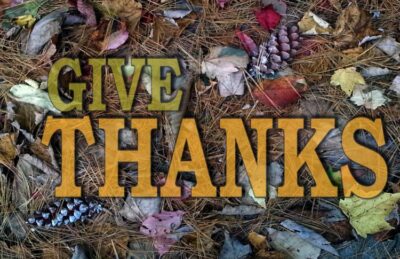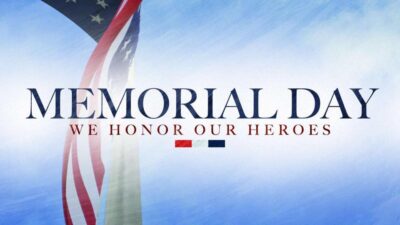Dr. Johnston was one of my favorite professors when I was in college.
I grew up in a Christian home with my family attending a Bible teaching church. I graduated from a Christian school where I was faithfully taught Scriptural truth from the 4th – 12th grades. College was my first personal encounter with people who did not believe the same things I did.
I saw liberalism in every facet of college life – socially, politically, and even theologically. I was so thankful for the foundation others had laid in my life. Unfortunately, not being very mature at that point, I constantly stayed on the defensive. Every class discussion I had, every paper I wrote, every opportunity I could find, I stood for conservatism. I even spent one week as the “religion editor” for the campus paper. After one article, they told me they would no longer need my articles. They admitted that they did not want my conservative approach.
Dr. Johnston taught my very first class in New Testament studies. I found him to be a fellow conservative, seemingly the only one on the religion faculty. Over the years I took every class He taught that I possible could. He was such a man of truth. In fact, here’s a true and funny anecdote. We noticed that in his weekly true/false tests, most of the answers were true. One week, a fellow student did not have time to study, so he planned to just mark every answer TRUE. He received an 88 grade on the paper! 14 out of 16 answers were TRUE!
Hostile Sources
Comments Dr. Johnston made on several papers I wrote challenged my use of what he called “hostile sources.” He challenged me to read and deal with views that may not agree with my thesis or personal views. He taught me the value of listening to all sides and synthesizing information into the best possible result.
Dr. Johnston showed me that allowing other viewpoints to challenge my own only strengthened my stand. Either I learned things I might not have otherwise seen or I became more convinced of my original position.
Intellectual Incest
I see a growing movement in our culture of rejecting other viewpoints and cocooning with like-minded people. What we call “cancel culture” has trained us to delegitimize anyone with whom we disagree. We want to only hear the voice of those with whom we agree, whether it be socially, politically, or even theologically.
I call this tragedy intellectual incest. Science teaches us the genetic dangers of in-breeding. Such a practice multiplies the genetic faults in a family line and leads to dangerous and unhealthy mutations.
In like manner, if all we ever do is listen to the voices with whom we agree, we run the risk of growing stale in our thinking. I am not suggesting that our principles should ever change. I AM suggesting that we can better articulate and defend our positions by knowing how others think and believe.
A Biblical Example
In Acts 17, we read about Paul’s time in Athens, a culture not much unlike our own today. Paul interacted with a variety of people while in Athens. He reasoned with the religious in the synagogue, engaged the busy-ness in the marketplace, and conversed with the philosophers. And the Bible says he did this EVERY DAY.
His willingness to engage all kinds of people earned him the opportunity to address the most influential public forum in Athens. Mars Hill was the place where the intellectuals discussed philosophy. The religious discussed religion. And the politicians discussed politics. You can read his most effective Gospel presentation in Acts 17:22-31.
Because he engaged others who thought and believed differently that he did, he had the intellectual foundation to present the Gospel in terms they could understand. As you might imagine, he received mixed results (Acts 17:32-34). Many mocked. Others showed an interest to hear more. And most importantly believed.
Moving Forward
I guess the point of my article today is to encourage you not to huddle into an intellectual cocoon of people with whom you agree. Don’t run the risk of intellectual incest. Listen to others, learn how they think and why they think that way. Engage them kindly and respectfully. Share what you believe and why, but make sure you listen to them.
Droves of people are abandoning both social media and traditional media sites that display a bias against what they believe. Please stick around. The people on those sites need to hear your voice. But more importantly, you need to hear theirs.










